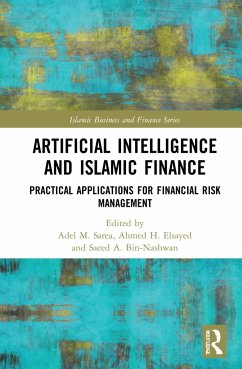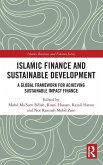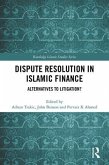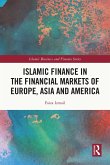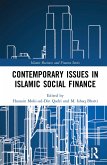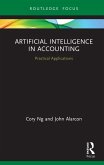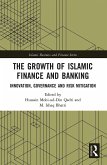This book provides a systematic overview of the current trends in research relating to the use of artificial intelligence in Islamic financial institutions (IFIs), across all organization of Islamic cooperation (OIC) countries. Artificial Intelligence and Islamic Finance discusses current and potential applications of artificial intelligence (AI) for risk management in Islamic finance. It covers various techniques of risk management, encompassing asset and liability management risk, credit, market, operational, liquidity risk, as well as regulatory and Shariah risk compliance within the financial industry. The authors highlight AI's ability to combat financial crime such as monitoring trader recklessness, anti-fraud and anti-money laundering, and assert that the capacity of machine learning (ML) to examine large amounts of data allows for greater granular and profound analyses across a variety of Islamic financial products and services. The book concludes with practical limitations around data management policies, transparency, and lack of necessary skill sets within financial institutions. By adopting new methodological approaches steeped in an Islamic economic framework (e.g., analysing FinTech in the context of Shariah principles and Islamic values), it devises practical solutions and generates insightful knowledge, helping readers to understand and explore the role of technological enablers in the Islamic finance industry, such as RegTech and artificial intelligence, in providing better and Shariah-compliant services to customers through digital platforms. The book will attract a wide readership spanning Shariah scholars, academicians, and researchers as well as Islamic financial practitioners and policy makers.
Hinweis: Dieser Artikel kann nur an eine deutsche Lieferadresse ausgeliefert werden.
Hinweis: Dieser Artikel kann nur an eine deutsche Lieferadresse ausgeliefert werden.

